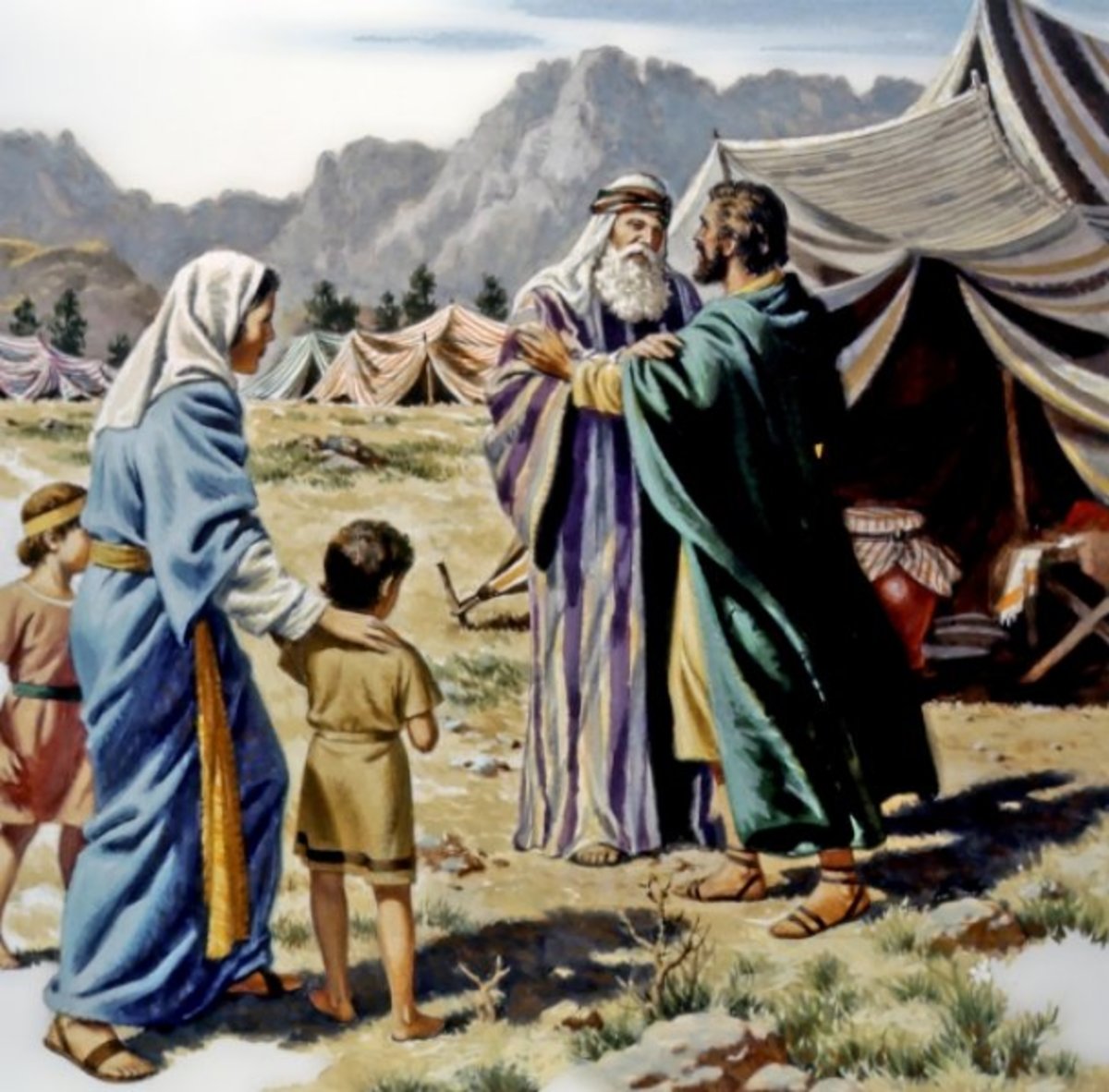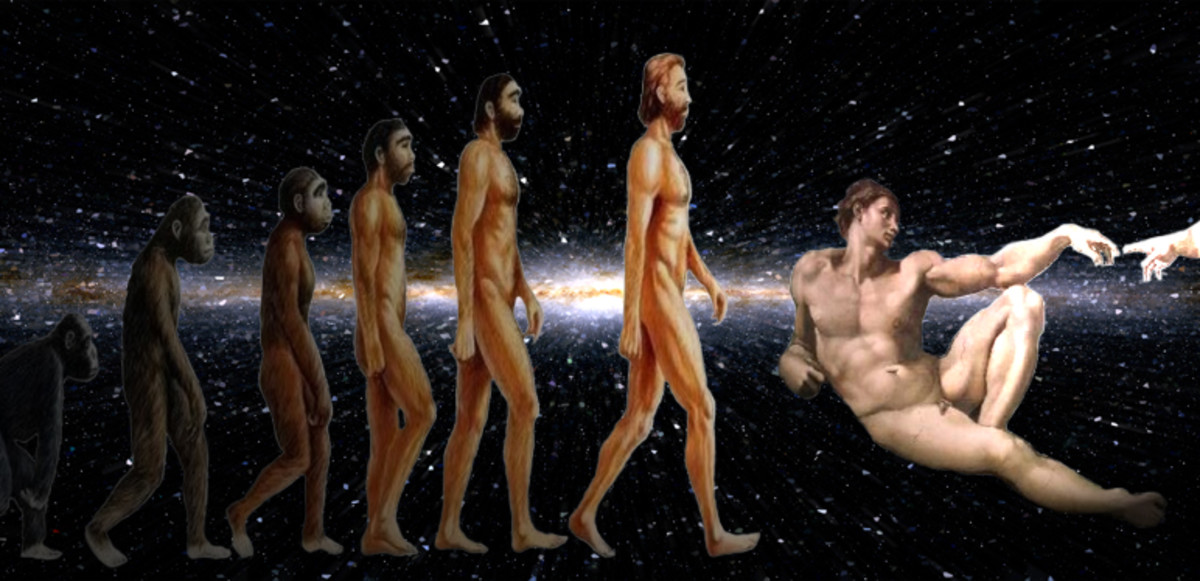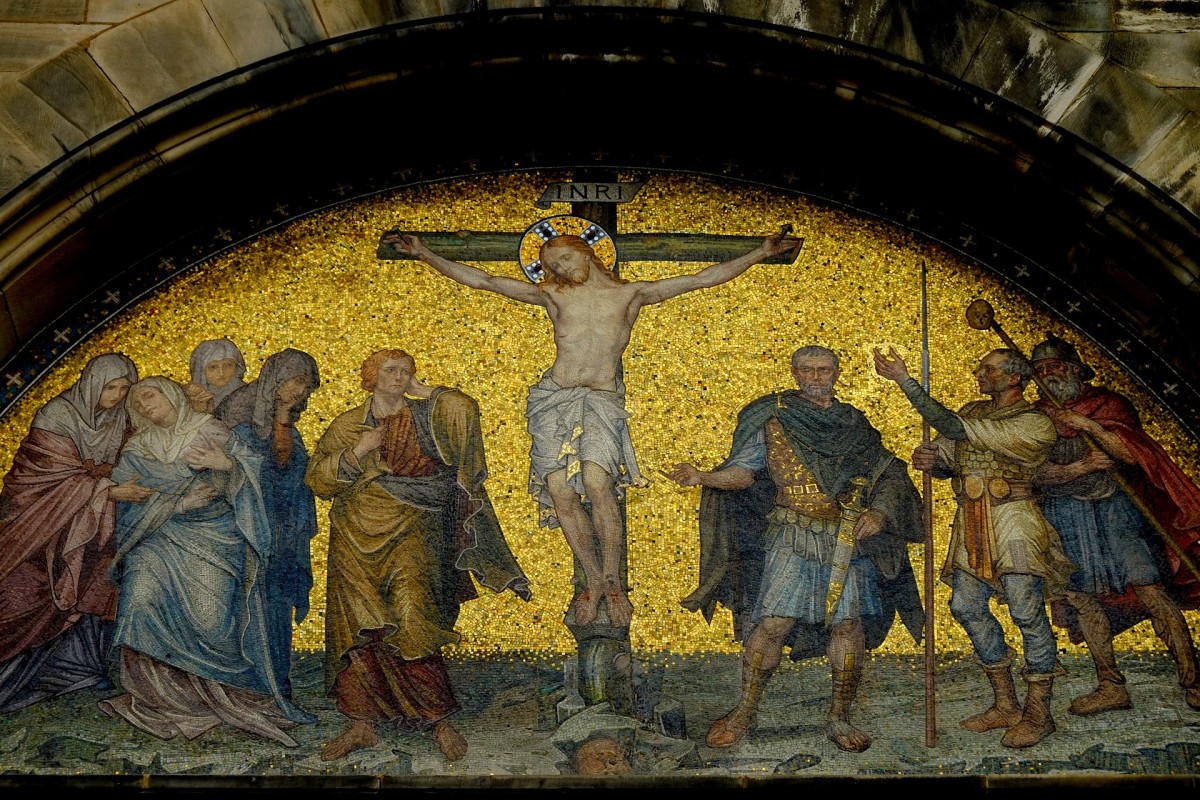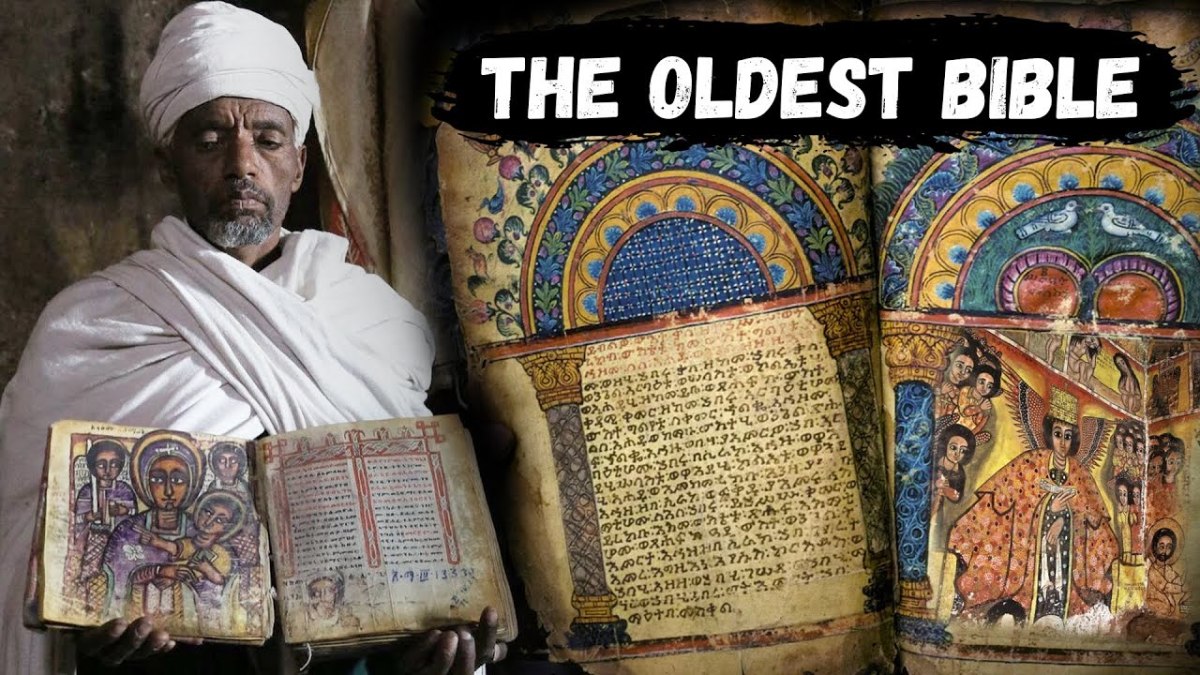Who Are You? - Jehovah-m'kadeshkem

Exodus 31:12-18
Then the Lord said to Moses,“Say to the Israelites, ‘You must observe my Sabbaths. This will be a sign between me and you for the generations to come, so you may know that I am the Lord, who makes you holy. “‘Observe the Sabbath, because it is holy to you. Anyone who desecrates it is to be put to death; those who do any work on that day must be cut off from their people. For six days work is to be done, but the seventh day is a day of sabbath rest, holy to the Lord. Whoever does any work on the Sabbath day is to be put to death.
II Peter 1:1-11
Simon Peter, a servant and apostle of Jesus Christ, to those who through the righteousness of our God and Savior Jesus Christ have received a faith as precious as ours: Grace and peace be yours in abundance through the knowledge of God and of Jesus our Lord. His divine power has given us everything we need for a godly life through our knowledge of him who called us by his own glory and goodness. Through these he has given us his very great and precious promises, so that through them you may participate in the divine nature, having escaped the corruption in the world caused by evil desires. For this very reason, make every effort to add to your faith goodness; and to goodness, knowledge; and to knowledge, self-control; and to self-control, perseverance; and to perseverance, godliness; and to godliness, mutual affection; and to mutual affection, love. For if you possess these qualities in increasing measure, they will keep you from being ineffective and unproductive in your knowledge of our Lord Jesus Christ. But whoever does not have them is nearsighted and blind, forgetting that they have been cleansed from their past sins. Therefore, my brothers and sisters, make every effort to confirm your calling and election. For if you do these things, you will never stumble,and you will receive a rich welcome into the eternal kingdom of our Lord and Savior Jesus Christ.
Introduction
The story goes about a biology student who was about to take a test at the conclusion of the ornithology unit. The student was dismayed when he saw that the test consisted of just a series of pictures of bird’s legs and the class was required to identify the bird species based on the picture. As the student sat wondering what to do, he got angrier and angrier until he stormed down to the front of the lecture hall and in no uncertain terms told off the professor, telling him how this was the stupidest test he had ever taken. “And furthermore,” the student said, “you are the worst professor I have ever had!” Then after slamming the test booklet down on the desk, he shouted: “You can forget your stupid test, I’m not going to take it.” Incensed, the professor informed the student: “I’ll have you know that I worked hard on this test, and if you’d studied, you’d know the material and be able to answer the questions. And how dare you insult me. Who are you?” the professor demanded, “What’s your name?” To this, the student replied, “You know so much about feet,” and lifting his pant legs, said, “you tell me!” (Source unknown.)
It’s important to know who we are. Names are a source of identity – but names also can imply things about ourselves. Names define us and help us to know who we are.
Jehovah Series
This Hub is part of a series about names. We are considering some of the compound names of God. There are many names and comparisons of God in Scripture; we are looking here at the kind of names that are compound names, that is, names that link God’s name of Jehovah with some descriptive word. Together the compound name describes something about God. As a result of learning something about God, we are able to learn some things about ourselves.
Over the last few Hubs, we have looked at the names of God that revealed God as our mighty creator, the One who provides, our healer, and at the fact that God is our Banner.
In this Hub, we are looking another name of God: In the Scripture passage in Exodus 31 (listed above), we see God as Jehovah-m’kadishkem, which means: the LORD who sanctifies you.
Giving The Law
Our Scripture reading comes at the end of the section that started at chapter 19. The book of Exodus records the events of the people of Israel when they were rescued by God from slavery in Egypt. God led them out of Egypt, through the Sinai desert, and to Mt. Sinai itself. All of this narrative is recorded in the first half of the book. In chapter 19, Moses goes up Mt. Sinai to receive God’s Law. In chapter 20, is recorded the Ten Commandments. We often think of the Ten Commandments as being the Law, when actually it is only a part of it. The law is given to Moses in chapters 20-31. In these chapters, God directs how the people are to live as People of God. Our reading in the last half of chapter 31 records the end of the recitation of the Law. The Law ends with the command that the people of Israel need to keep the Sabbath.
In v. 13, God tells Moses to tell the people that they must observe the Sabbath as a sign between God and the people for the generations to come. This is so that the people will know that God is Jehovah-m’kadishkem: the One who makes them holy.
Sanctify/Holy/Set Apart
But what does all of this mean? One Sunday on their way home from church, a little girl turned to her mother and said, “Mommy, the pastor's sermon this morning confused me.” “Oh? Why is that?” the mother asked. The girl replied, "Well, he said that God is bigger than we are. Is that true?” The mother replied, “Yes, that's true, honey.” “Well, he also said that God lives in us? Is that true, mommy?” Again the mother replied, “Yes, that is also true.” “Well,” said the little girl, “if God is bigger than us and God lives in us, wouldn't God show through?"
This is a good picture of what it means for God to sanctify us or to make us holy. To understand what this name of God that we have discovered in this passage, we need to define what the word means. The Hebrew word, m’kadish means to sanctify, to make holy, or the action of taking something ordinary and setting it apart for something special. Perhaps we have negative baggage with this:
-Though we may understand the idea of setting something aside for special use, this comes across like our holiday china, and not something that we would like to be in an everyday sense.
-T h e word sanctify doesn’t have any useful meaning in our everyday vocabulary – what does it actually mean?"
-And holy, many of us think of the idea of being holy as someone who is out of touch with the real world – goes around using the words like “thee” and “thou,” has no sense of humor, and frowns on anything that remotely might be fun.
There are definitely some problems with this idea of God making us holy or sanctified. What does it mean? And more importantly, how can we apply it to our lives today?
To answer that question, and hopefully solve our problem, I think it’s helpful to think of holiness and sanctification as a question of our identity. To answer the question of holiness, we have to answer the question of who we are. Who are you?!

Who Are You?
When asking that question, I am reminded of the Disney animated movie version of the Lewis Carroll’s 19th century children’s novel Alice In Wonderland. During the Disney film, Alice meets a talking caterpillar who kept vehemently asking her, “Who are you?!” This question kind of befuddled Alice because she had already been through so many strange experiences that by that point, she wasn’t sure who she was anymore.
Sometimes we may feel the same way. Our lives are filled with the business of making a living, caring for a family, trying to be active in church, and maybe – if there’s time – pursue some personal interests. Who are you?
Who am I? ‘Good question – perhaps you should ask someone else who knows me better than I do…’ But God knows you! God created you and knows all about you. And God knows that you are not who and what God wants you to be. God knows that you can be more than you are, and out of God’s great love for you God wants to work in your life to become who you were meant to be.
It’s all a question of identity. An identity, you know, is a set of characteristics which make it possible for you to be known. An identity also is a set of behavioral or personal characteristics by which an individual is recognized as part of a group. What group are you a part of? Who are you? Who are we?
It’s important to know that we are claimed by God and are identified as God’s people. So when we explore the answer to the question of who we are, we need to think about the characteristics that identify us as God’s people. The identifying characteristic or activity of the People of Israel was that they were to keep the Sabbath.
For those of us who are not Jewish, it’s hard for us to appreciate the impact that Sabbath-keeping would have had on the Israelites. It was most noteworthy in ancient times after they had established a nation and when they were dealing with their neighbors. Think of what it might have been like to have been a traveler passing through Israel – a merchant, for instance – and you wanted to do business on Saturday. You are told by your customer that since it is the Sabbath, your business will have to wait until tomorrow. You scratch your head and wonder, ‘What’s wrong with doing business on Saturday?’ You are told that the Sabbath is a sign that the people of Israel are God’s people.
An identifying sign like this is a kind of conversation starter. A faithful person of God could use the identifying sign to explain who God is, what God means to him or her, and how God could be the stranger’s God as well. That was the purpose of the Sabbath – to act as an identifying sign or symbol that would act as a witness to who they were as God’s people.
By now, you all might be wondering what this has to do with any who are not the ancient Israelites. Those who are not Jewish, are not under the Law of Moses. Non-Jews are not taught to keep the Sabbath as a sign of their relationship between themselves and God. Despite this however, we are God’s people. Any who say yes to God are adopted in as God’s people and so have received God’s grace through Israel’s Savior, Jesus Christ. And though we should observe a Sabbath – a time of rest and renewal each week – this passage is not ultimately about the Sabbath at all, but about God as the One who sanctifies us and makes us holy.
This Exodus 31 passage is about how we, as God’s people are identified as being people of God, and that identifying characteristic is that we would be people who are holy, like God is holy. Who are you?!
Pursuing Holiness
As God’s people, we want to please God by living in obedience to how God wants us to live. Let’s consider some things about holiness:
1) Our desire to be holy is not about false piety, but is about pursuing a genuine relationship with our God.
2) Our pursuit of holiness is our desire to be like God.
3) And just like the Sabbath was a sign to Israel’s neighbors, our pursuit of holiness is a witness to the lost world around us. It shows people that we are different – we are God’s people.
In a similar way of my scenario with the merchant being told about the Sabbath as a way of showing who Israel’s God is, our acts of holy living act as a sign to show the world who our God is. Let’s just say, for instance, that you work for a company that makes a product or performs a service. Your boss comes up to you and strongly suggests that you could make more money for the company by cutting corners on the product or service. After all, the customer wouldn’t know and it would save the company a lot in production costs. As a person of faith, you know that you cannot be dishonest like that – you are a person of God who lives as a holy person. And so you inform your employer that you will not compromise yourself by being dishonest. Your holy living in practical, everyday matters acts as a sign and a witness of who you are as a person of God and to who God is.
4) Our pursuit of holiness completes us. It’s a short distance from the word holiness – h o l i ness – to wholeness – w h o l e ness. We are made whole when we pursue what God has designed for us. By seeking God’s holiness, we are achieving our wholeness: we will be sound and have things in their proper place and will be functioning as we are supposed to function.
So how do we pursue holiness? Our reading in II Peter 1 is helpful in answering this:
In vv. 5-7, the Apostle Peter wrote “…make every effort to add to your faith goodness; and to goodness, knowledge; and to knowledge, self-control; and to self-control, perseverance; and to perseverance, godliness; and to godliness, mutual affection; and to mutual affection, love.”
I like how this sequence of actions builds on the other: faith-> goodness -> knowledge -> self-control -> perseverance -> godliness -> brotherly kindness -> love. By doing these things, Peter tells us, we will be effective for God and will never fall.
Conclusion
But I imagine many of you are still saying to yourself that to be holy is a goal that is too lofty to attain as an ordinary human being. Well, consider this, I recently read a quote of someone who observed that “all of the holy [people] seem to have gone off and died. There’s no one left but us sinners to carry on the ministry.” (Jamie Buckingham) It’s important to remember that holiness is just being faithful, day by day, to what God calls each of to do. And, the most wonderful truth of all is that it is not something that we do, it is God who makes us holy.
We can’t become holy and please God on our own efforts, instead we must trust in God. And it is God who provides us with the power to do what God desires! By God’s power, we are given everything we need for life and godliness. Our Scripture reading in Exodus 31 reveals to us Jehovah-m’kadishkem, the LORD who makes us holy. It’s your identity; it’s who you are as a person of God. Claim that identity! And claim God’s power and grace to do it!









